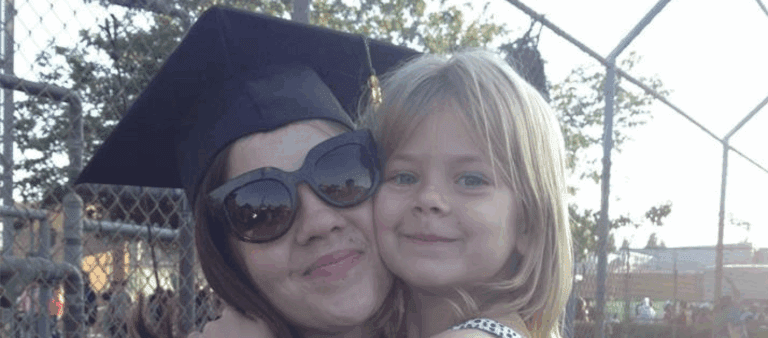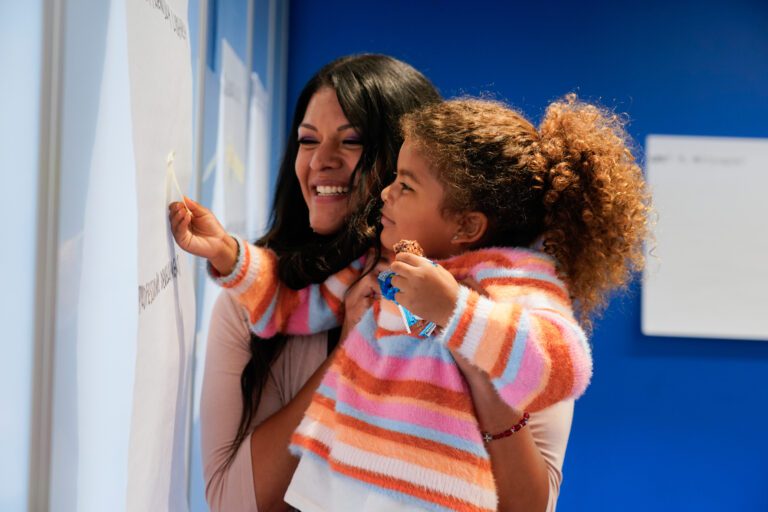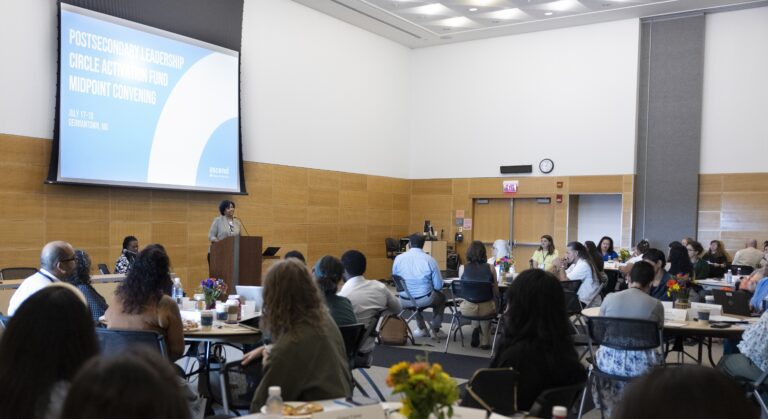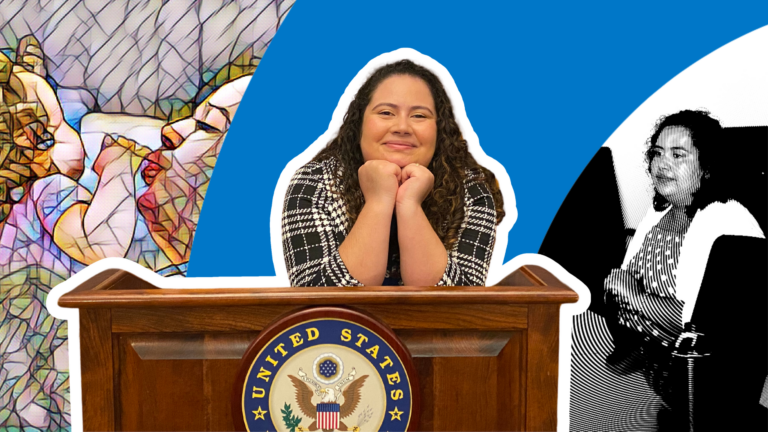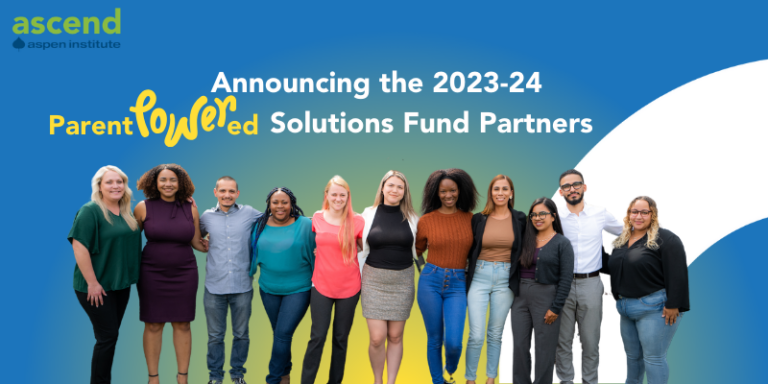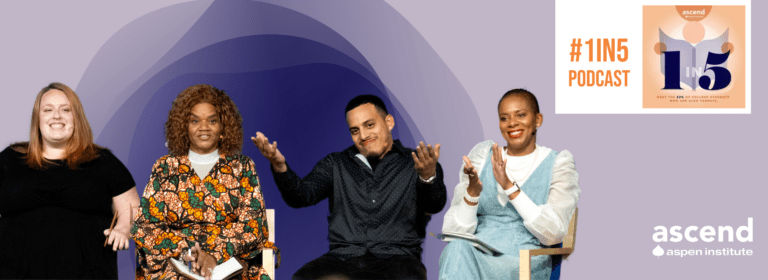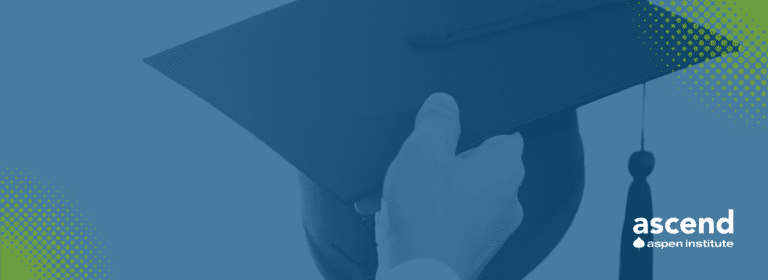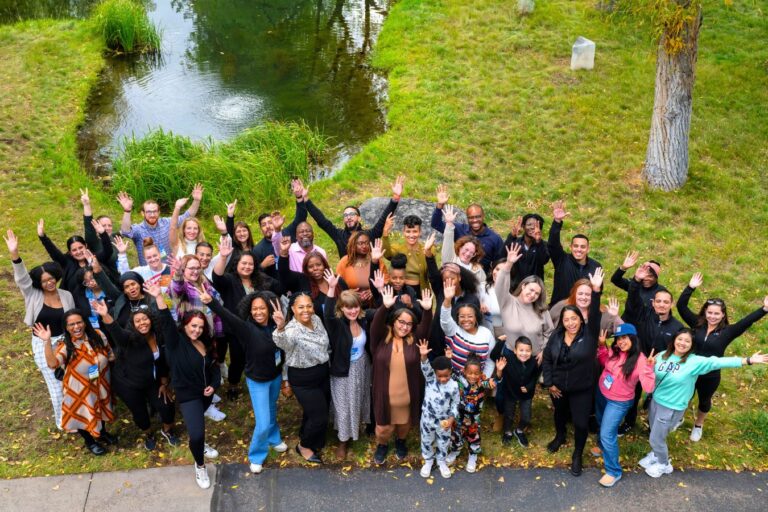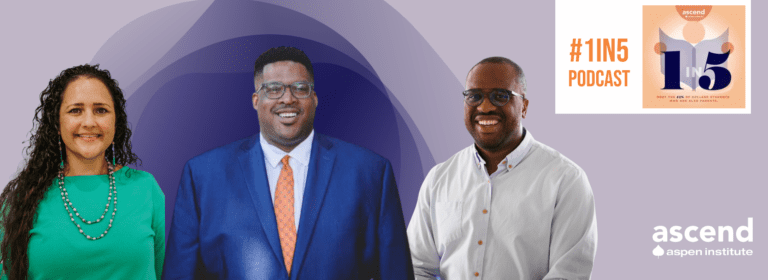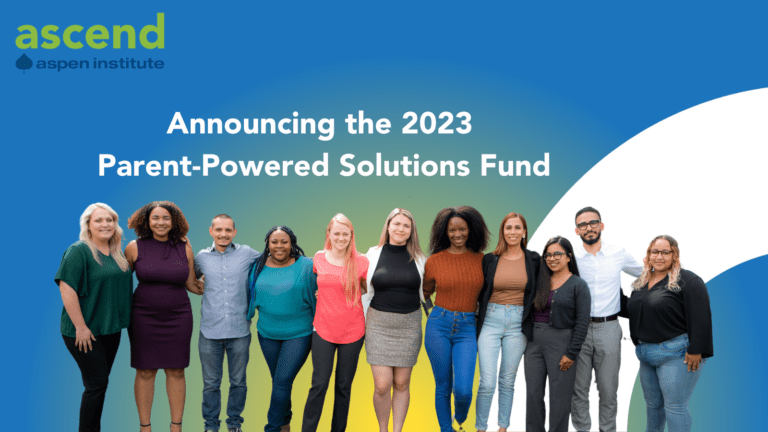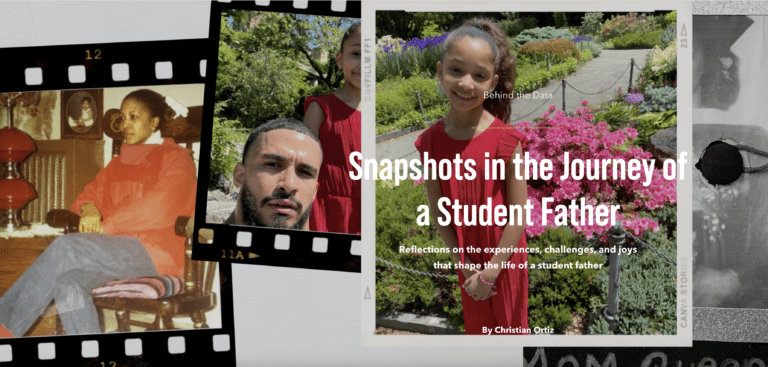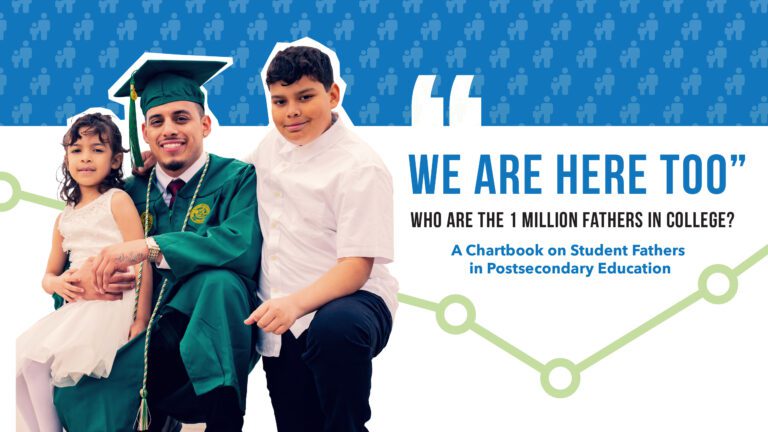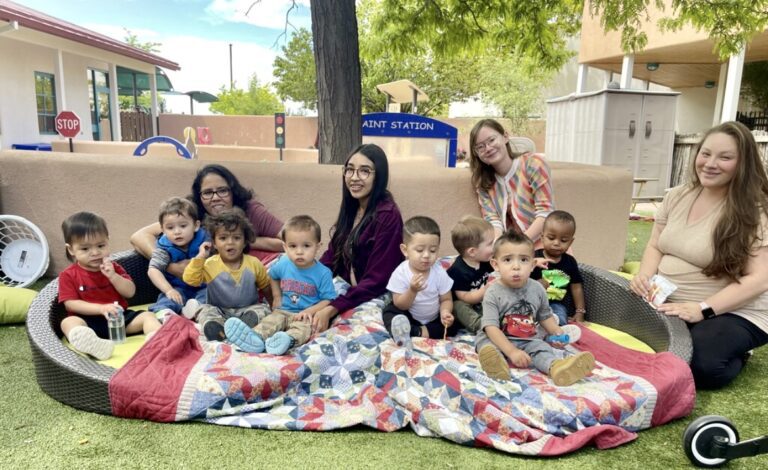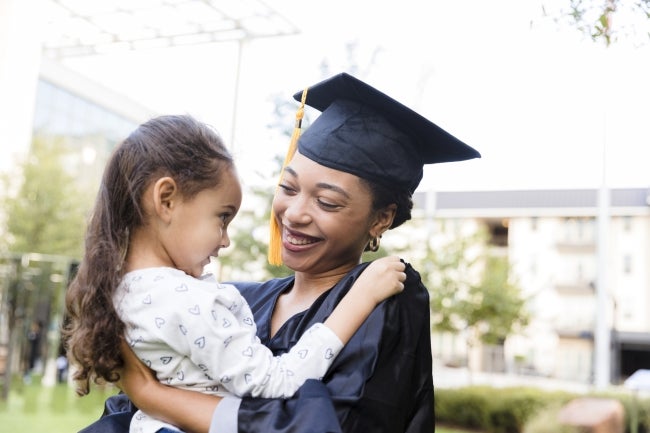STUDENT VOICE: A working parent in college takes on remote learning for himself and his kids, says ‘something has to give’
This op-ed by Ariel Ventura-Lazo, an Ascend Parent Advisor for the Aspen Postsecondary Success for Parents Initiative and a Generation Hope Scholar, was published on March 30, 2020 by The Hechinger Report.
I am busy. Under normal circumstances.
As a parent, college student and program adviser, I work and attend class — while also coordinating drop-offs, pick-ups, bedtime routines and playdates for my kids.
Life was already a fine balance of responsibilities, commitments and difficult decisions. Now, because of the impact that the coronavirus is having across the globe, my already-thin time is stretched even thinner.
My wife and I have had to transition to online instructional learning. Our 9-year-old son and 3-year-old daughter are home from school and daycare, respectively, so I am now also a math teacher, P.E. teacher, art teacher, music teacher and honored tea-party guest.
We are just a few weeks into the crisis, but I am already facing the reality that I will probably have to drop one of my two courses — half of my course load — and delay graduating by a semester.
By proactively dropping my class, I will have to retake it, but at least I won’t fail.
It’s not what I wanted to happen, but as a dedicated parent and committed student, it’s the decision I’ll likely need to make to do right by my family and my education.
The hard but honest truth: I just don’t have enough time to be a good parent, employee and student. Something has to give. For me, for now, it will be my education.
We are all adjusting to a new reality and struggling to find a new balance, and this global pandemic has changed the way each and every one of us lives day to day.
Student-parents are among those most affected by these challenges, because we feel the impacts on so many levels. While I am lucky that my work allows me to telecommute, and for now my family is healthy, millions of student-parents are now balancing increased child care needs with transitioning their educations online, while also facing uncertainty with work.
The systems already weren’t designed for us. Despite representing nearly a quarter of the 17 million students enrolled in undergraduate degree programs, the current postsecondary system prioritizes “traditional” students — those who have largely followed a linear path of graduating from high school at age 17 or 18 and then enrolling in college or university immediately thereafter, and who often don’t face additional needs like child care and food or housing insecurity.
The needs of student-parents are largely unseen and unmet. Under normal circumstances, too many of us are already flying under the radar in our classrooms and schools, facing struggles without the helping hand that can make a huge difference in our chances of success.
Yet, student-parents are vital members of the postsecondary system, bringing unique skills and points of view to the classroom. Despite it all, on average, student-parents have higher GPAs than our peers who aren’t parents.
When student-parents rise and are able to persist to graduation, that success reverberates through our communities and to future generations. The postsecondary attainment rates for our children rise. When we complete our degrees, we double our incomes — which has profound effects on our children. A $1,000 increase in family income results in up to a 27 percent increase in child cognitive development.
If helping one parent can change and lift multiple lives, imagine the effects across the millions of student-parents currently enrolled in degree programs. Imagine what we could do if the millions of student-parents out there had the dedicated support they need to thrive.
With global attention turned toward crisis management, our needs are heightened. So, too, should be our pursuit of solutions.
From child care and mental health care to transportation, flexible scheduling, success coaches and access to financing solutions, I’m confident that we have what it takes to come up with sustainable solutions so student-parents are supported to rise.
It’s time for new, innovative and actionable solutions — to help us weather the storm caused by the coronavirus, but also to help us thrive once this pandemic passes.
To all of the other student-parents out there: You are not alone, and it is okay if you’re struggling to find a new balance. I see you, and I am with you. We are working to build solutions so that you, and everyone who comes after you, have what’s needed to withstand uncertainty and succeed under any circumstances. You are strong enough and capable enough to persist.
And to my children — Ariel, who wants to be a businessman like his dad, and Naliya, who wants to be Princess Anna: I am in this so that you get to dream your big dreams and see them come to life. I take heart in your joy, resilience, curiosity and strength, and I hope that you come away from this knowing that your dad will always put you first, do what he has to do to ensure you can rise and always be your biggest cheerleader. No matter what obstacles you face, you too have the strength and capability to take them on.
Photo of Generation Hope Scholar Ariel Ventura-Lazo with his daughter and son. Generation Hope is a nonprofit based in Washington, DC, providing wraparound, two-generation support to young parents in college and their pre-kindergarten little ones, and promoting student parents’ college completion through national advocacy and direct technical assistance to colleges and universities.
Related Posts
